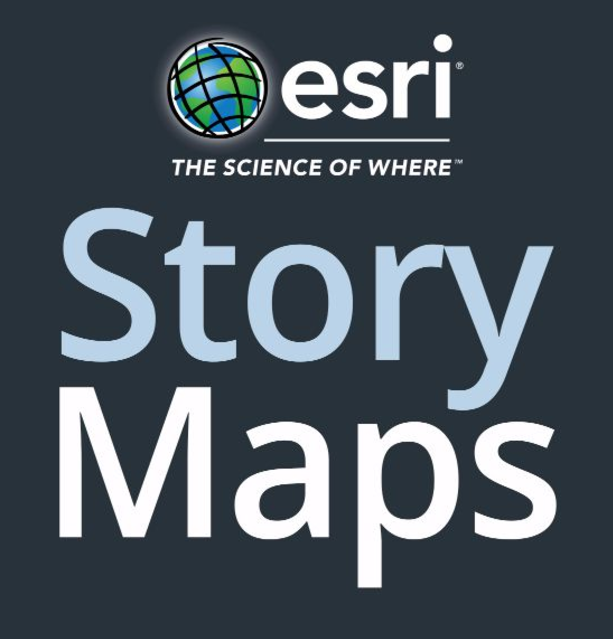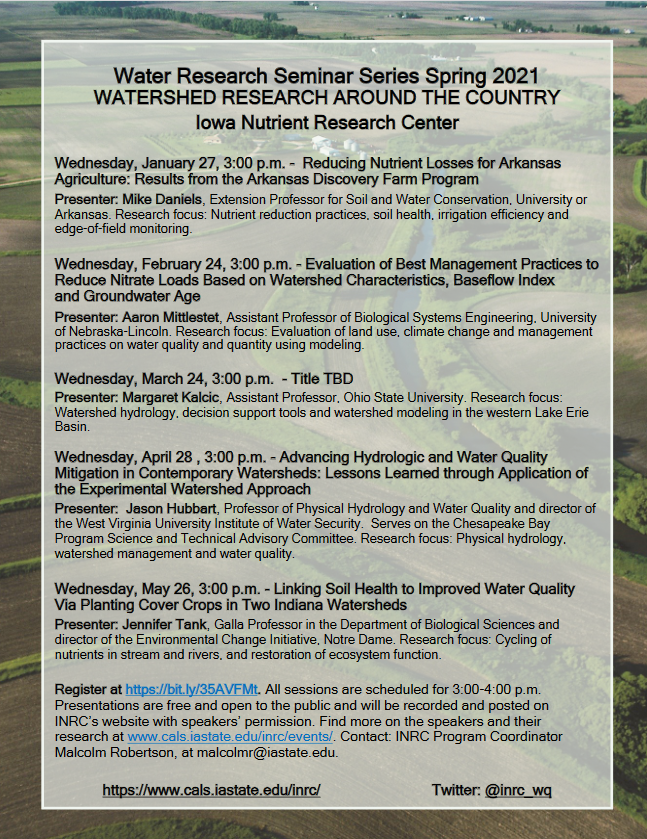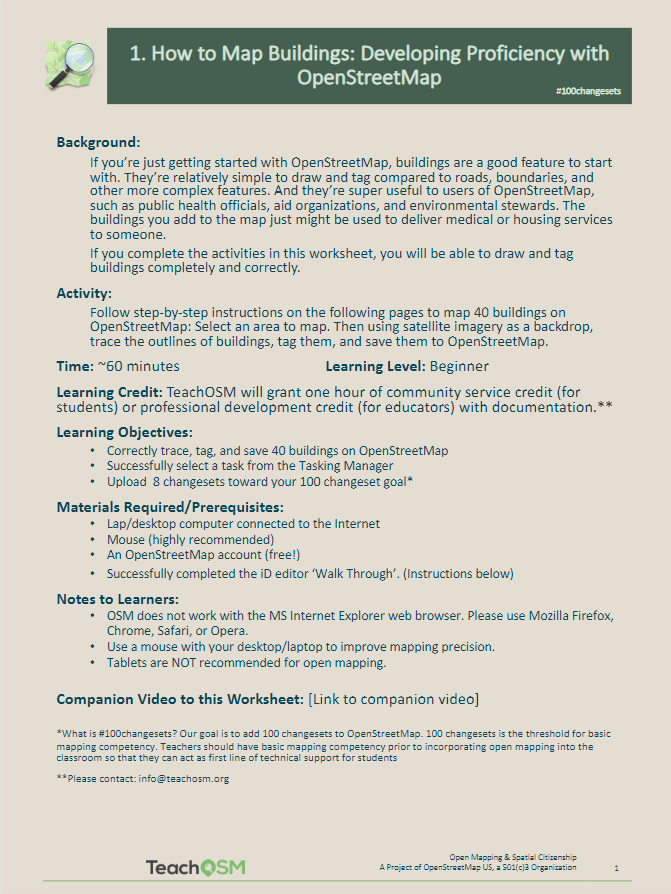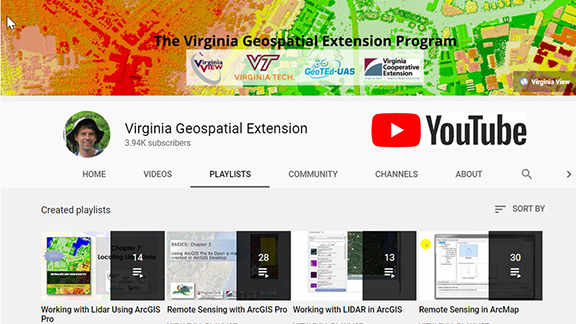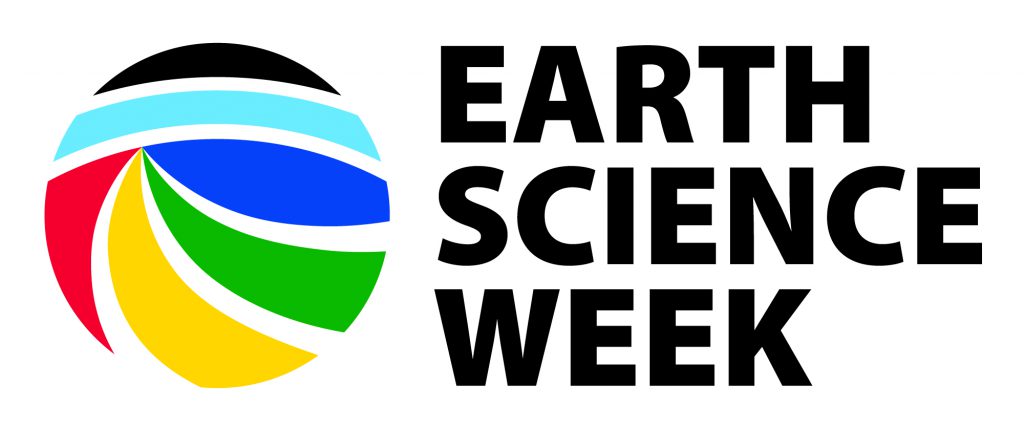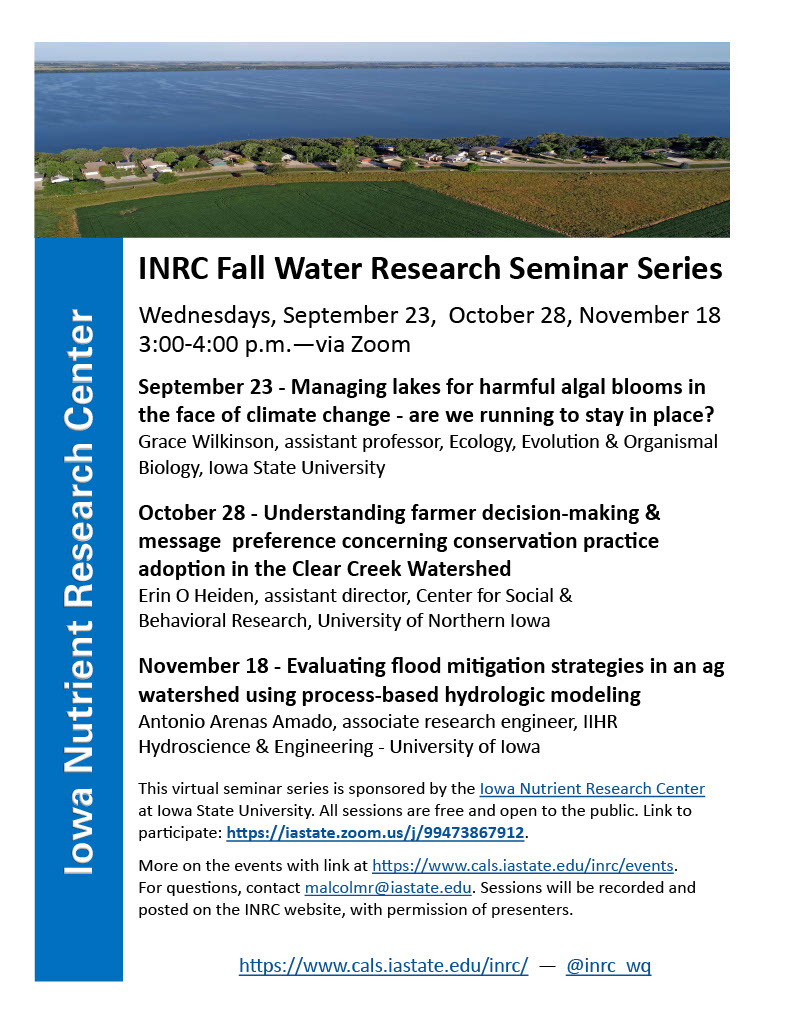Celebrating the “Mother of Landsat” – Virginia T. Norwood
“I have seen further by standing on the shoulders of giants.” ~ Sir Isaac Newton

This week is the virtual American Society for Photogrammetry and Remote Sensing (ASPRS) conference. At today’s conference, the ASPRS Lifetime Achievement Award was presented to Virginia T. Norwood.
Virginia Norwood is known as the “Mother of Landsat.” When interviewed by Laura Rocchio for a NASA Landsat Science article, Ms. Norwood was asked if she is comfortable with this title and she replied, “Yes. I like it, and it’s apt. I created it. I birthed it; and I fought for it.” In recognition of her contributions to satellite communications and optics for over 40 years, including the design, building, promotion and operation of the first multspectral scanner (MSS) on-board Landsat-1, Ms. Norwood was awarded the 2021 ASPRS Lifetime Achievement Award.
To learn more about Virginia’s story: https://landsat.gsfc.nasa.gov/article/virginia-t-norwood-mother-landsat
Congratulations, Virginia! Thank you for all your contribution to Landsat and Science!


